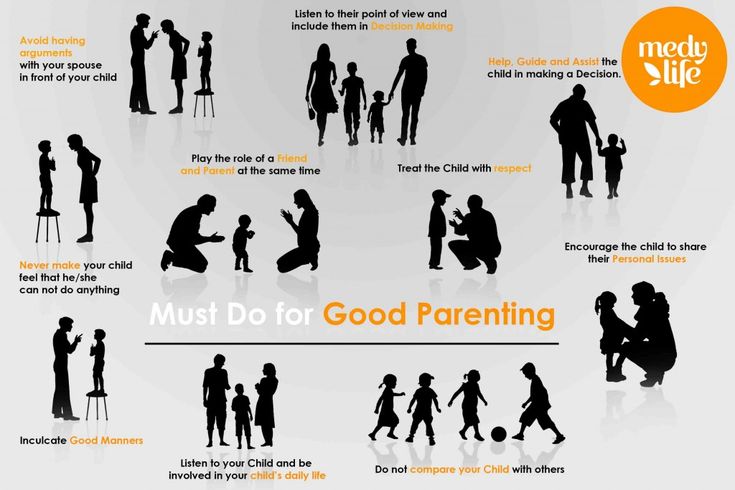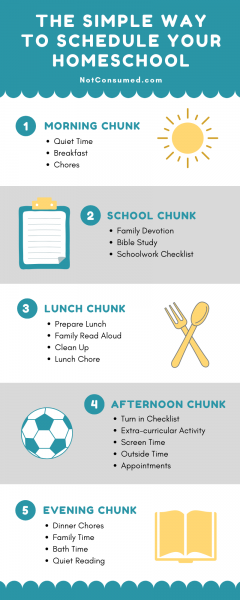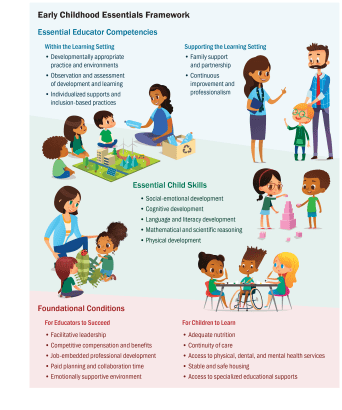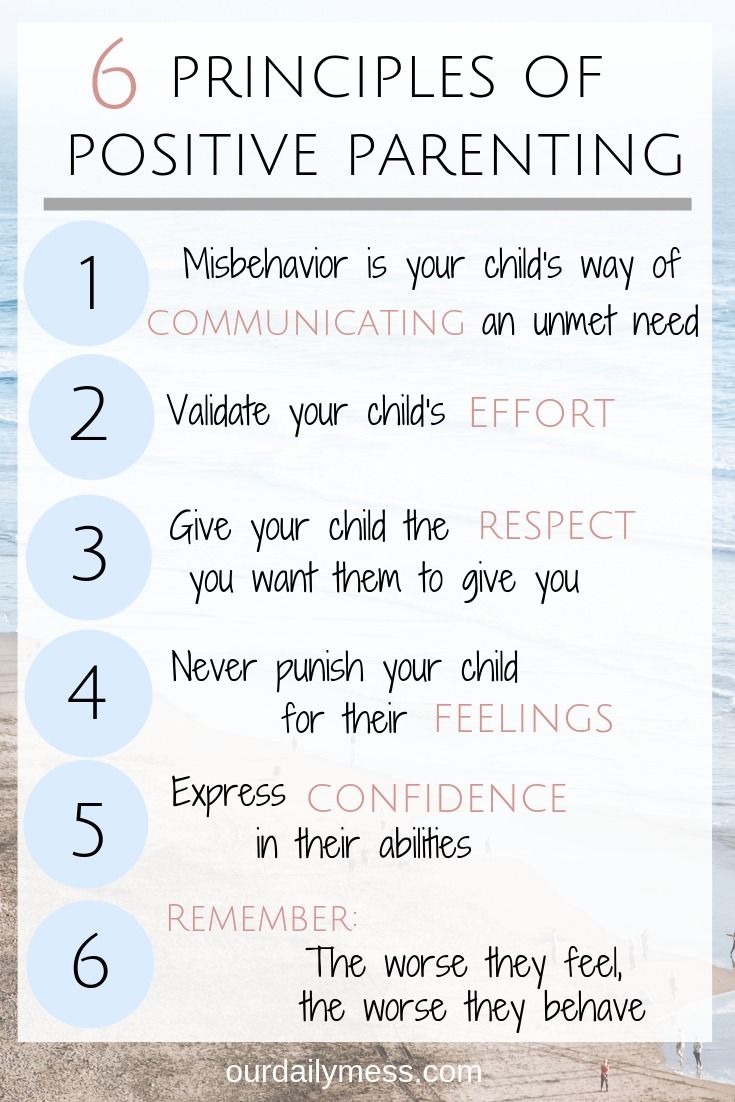Possible blog post:
Title: Unlocking the Benefits of Different Parenting Styles for Happy Families
Parenting is never easy, but it’s always rewarding when done right. However, what’s “right” may vary depending on different factors, such as cultural background, personality, and values. Therefore, there is no one-size-fits-all approach to parenting. Instead, parents can explore different parenting styles and combine them in a way that suits their family’s needs. In this blog post, we’ll discuss different parenting styles, their benefits, and how to integrate them harmoniously.
1. What are Different Parenting Styles?
According to Diana Baumrind, a developmental psychologist who conducted extensive research on parenting styles, there are four main types of parenting styles:
– Authoritative: This style is high in both warmth and control. Authoritative parents set clear rules and expectations, but also listen to their children’s needs and provide affection and emotional support. This style fosters independence, self-esteem, and social competence.
– Authoritarian: This style is high in control but low in warmth. Authoritarian parents use strict discipline, punishment, and obedience as their main methods of parenting. This style may produce conformity and discipline but can also lead to anxiety, low self-esteem, and rebellious behavior.
– Permissive: This style is high in warmth but low in control. Permissive parents are lenient and non-demanding, and often allow their children to make their own decisions without guidance. This style can encourage creativity and self-expression but also may result in poor self-control, lack of respect for authority, and academic underachievement.
– Uninvolved: This style is low in both control and warmth. Uninvolved parents are largely absent and indifferent, and focus on their own needs instead of their children’s needs. This style can lead to neglect, emotional problems, and poor academic and social outcomes.
2. What are the Benefits of Different Parenting Styles?
Each parenting style has its own benefits and drawbacks, depending on the context and the child’s individual needs. Here are some of the benefits commonly associated with each parenting style:
– Authoritative parenting: fosters emotional intelligence, academic achievement, social competence, and positive self-image.
– Authoritarian parenting: provides structure, discipline, and respect for authority, but at the cost of independent thinking, creativity, and intrinsic motivation.
– Permissive parenting: allows for self-expression and creativity, but at the cost of self-control, responsibility, and social norms.
– Uninvolved parenting: can create independence and self-reliance, but at the cost of emotional neglect, insecurity, and detachment.
3. How to Integrate Different Parenting Styles?
Ideally, parents can integrate different parenting styles in a way that maximizes the benefits and minimizes the drawbacks, depending on their child’s unique needs and developmental stage. Here are some tips on how to do that:
– Start with empathy: Try to understand your child’s perspective and feelings before imposing your own expectations or rules. Use active listening, validation, and negotiation to build a healthy parent-child relationship.
– Be consistent: Establish clear and consistent rules and consequences that reflect your values and expectations. Avoid confusing messages or arbitrary changes that create frustration and uncertainty.
– Allow for flexibility: Recognize that your child may have different needs, preferences, and stages of development that require different approaches to parenting. Be open to adjusting your style accordingly while maintaining the core values that underlie it.
– Seek support: Parenting is a challenging and rewarding journey, but it can also be stressful and overwhelming at times. Don’t hesitate to seek support from family, friends, or professionals who can offer guidance, empathy, and practical advice.
In conclusion, parenting styles are not mutually exclusive, and parents can benefit from integrating different styles in a way that suits their child’s individual needs and developmental stage. By building a supportive and consistent parenting framework that balances control and warmth, parents can raise happy, resilient, and competent children who thrive in different contexts and relationships. Remember, parenting is a journey, not a destination, and every step counts.











